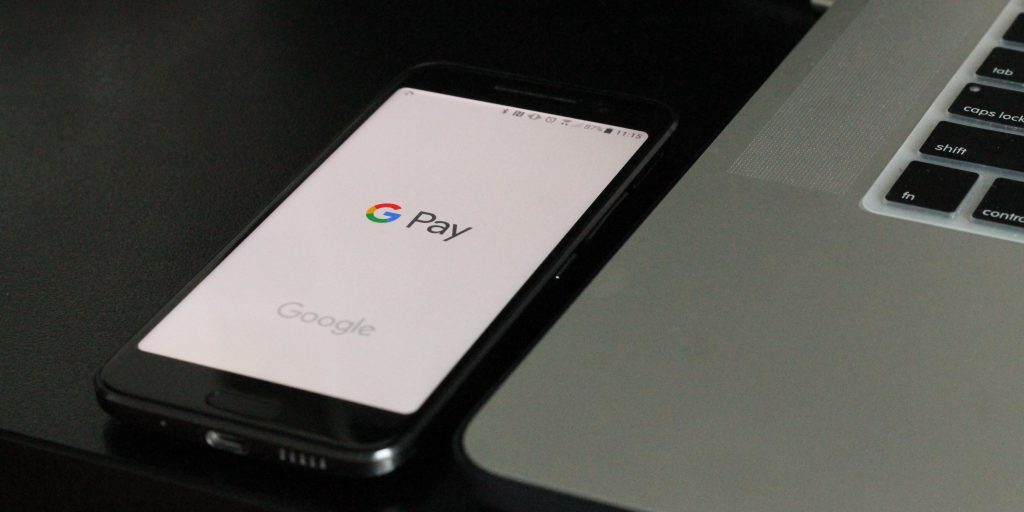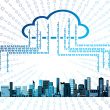How payment technology can save your municipality money
Across the country, government agencies are losing millions of dollars in unpaid citations and fees. Take the District of Columbia for example. Maryland and Virginia drivers owe D.C. more than $373 million from outstanding parking and traffic citations over the last four years. While no one wants to get a speeding ticket, citizens are more likely to pay their fines more quickly when making those payments is easy and convenient.
A recent bill payment study found that for 70 percent of consumers, the stress around paying a bill is not due to lack of funds, but from an inconvenient bill payment experience. Culprits include navigating poorly designed biller websites (30 percent) and having to manually enter payment information (26 percent)—both of which are par for the course when paying parking and traffic tickets.
Today, consumers expect payments to be as convenient and frictionless as making an Amazon purchase or paying a friend with Venmo, and that expectation extends to paying traffic fines.
Municipalities go digital
Forward-looking government agencies have begun implementing strategies to move citizens from traditional to digital payments, and they are using paper statements embedded with QR codes to drive adoption of electronic payments. For instance, one of the country’s largest toll road authorities started including QR codes on its bills. It anticipated a 5-percent bump in toll evasion payments and instead is experiencing a 15-20-percent increase in paid fees.
Here’s the scenario: Citizens receive a paper toll evasion notice in the mail, then pull out their smartphone to scan the embedded Smart QR code. They are then immediately directed to a unique, verified online page to pay their toll via their mobile device. From here, citizens select how they want to pay the toll—credit or debit card, cash, bank account, Apple Pay or Google Pay—and they complete the payment with the tap of a button on their phone.
No longer do citizens have to type in the cumbersome URL copied from the paper statement, navigate a clunky website, or manually fill in citation and payment details to complete the payment process. Or worse yet—walk into an administrative office to pay by check or call customer service to pay over the phone when the online interaction proves too frustrating. With strategies like QR codes that guide citizens from traditional to digital payments, making a payment has never been easier.
Rethinking recurring municipal payments
More than 1 in 5 adults give themselves either a poor (“D”) or failing grade (“F”) when it comes to remembering bill due dates, and 51 percent paid at least one bill late during the past 12 months, according to the bill payment survey.
When municipalities rethink recurring bill payments such as utility or tax bills, they increase on-time payments by helping citizens stay on top of due dates. Similar to a one-time citation, a recurring statement can be embedded with a Smart QR code that takes citizens to their unique account payment page where they can select ACH, debit, Apple Pay, Google Pay or any other payment type enabled to pay their utility bills. They don’t need to log in or enter an account number. And, once payment information is stored, citizens may not be required to re-enter their payment information. It can be stored securely for future payments.
Citizens receive payment reminders via their preferred communication channel, whether that be text, push notification or email, and have the flexibility to switch payment types from month to month as needed. In addition, citizens can add the recurring bill to the mobile wallet on their smartphone.
Now the entire bill pay experience is convenient and frictionless, enabling citizens to choose how and when they pay their bills, with immediate access to payment details and history when needed.
While the Amazons, Apples and PayPals of the world are digitally transforming the e-commerce space, their innovations equally affect bill payments. Today’s consumers expect more—more convenience, more flexibility, more customer-focused experiences. And these expectations can impact municipalities revenue streams if not met.
Bruce Gaskill is the director of sales at PayNearMe, where he partners with municipalities to increase citizen self-service adoption and satisfaction by allowing citizens to pay how, when and where they want. Prior to joining PayNearMe, Gaskill spent 23 years in online billing and payments starting at CheckFree in 1999 before being acquired by Fiserv, then Bill Me Later in 2007 before being acquired by PayPal. He is a subject matter expert in payment automation, emerging payment technologies, and IVR voice user experience design.




















